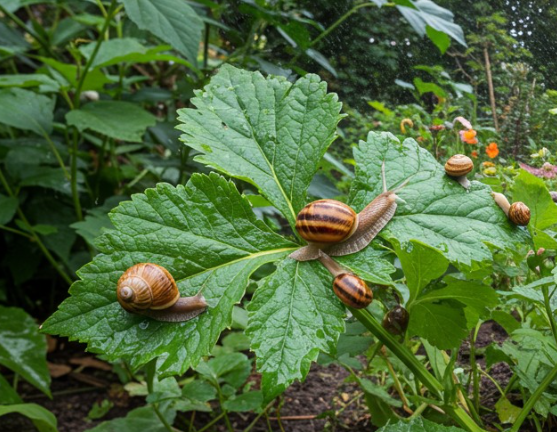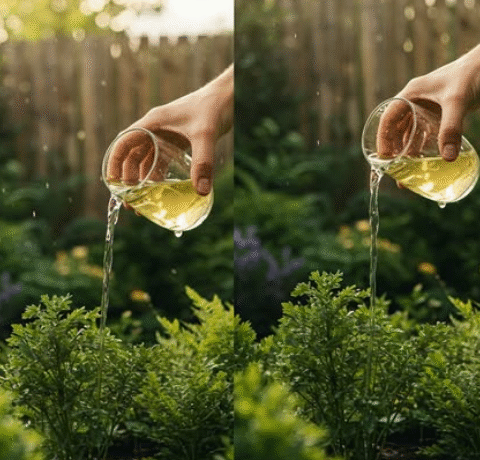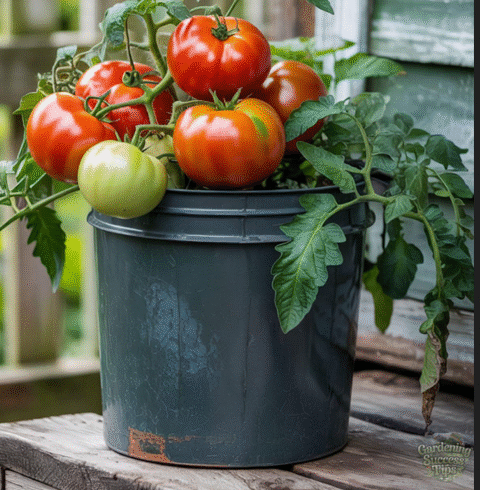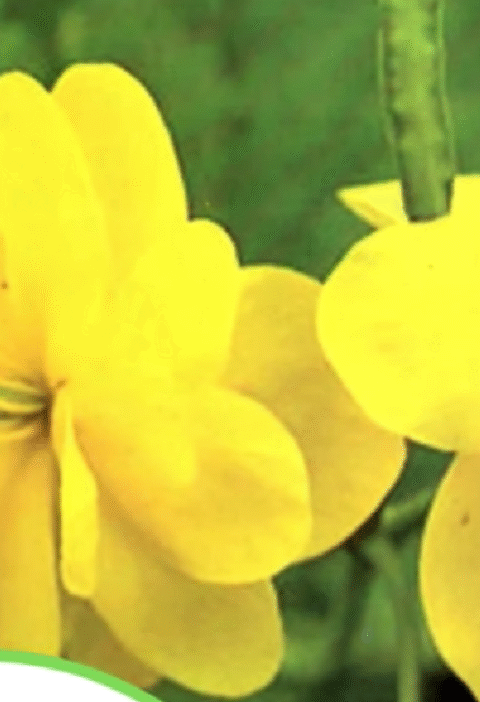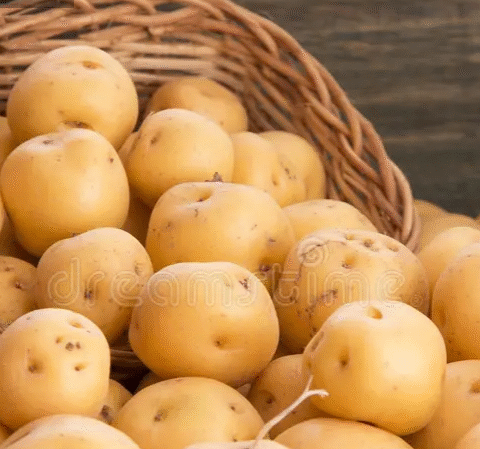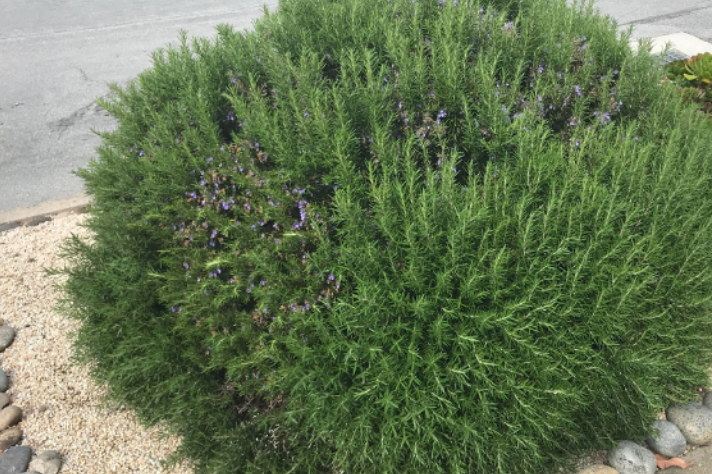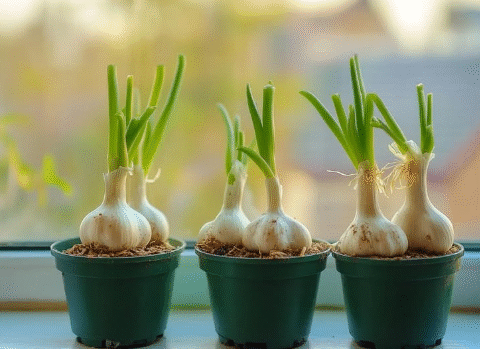How to Eliminate Slugs and Snails in the Garden (A Priceless Natural Tip)
Slugs and snails can wreak havoc in your garden, devouring your leafy greens, flowers, fruits, and vegetables overnight. If you’ve been searching for a chemical-free, pet-safe, and environmentally friendly solution to this common garden menace, you’re not alone. Many gardeners turn to household items like cornmeal (fubá) based on anecdotal evidence, but do these natural methods really work?
The Myth of Cornmeal (Fubá) as a Slug Killer
Why Cornmeal Is Popular
Cornmeal is often recommended in gardening circles as a cheap and natural way to control slugs. The theory goes that slugs eat the cornmeal, which expands in their digestive systems and causes them to die. This idea has circulated widely in gardening blogs and forums, but does it stand up to scientific scrutiny?
Scientific Insight from Experts
According to Dr. Leila Nour, a soil biologist at the University of California, “There’s no scientific evidence that cornmeal kills slugs. In fact, it’s been used in laboratory settings to feed slugs, which suggests it’s quite safe for them.” Similarly, Prof. Mark Benson from the Royal Horticultural Society confirms that cornmeal does not pose any lethal threat to slugs or snails.
Real-World Testing
Gardening blogs such as Laidback Gardener and Garden Myths have tested the cornmeal method and found it ineffective. Slugs may be attracted to the cornmeal and eat it, but they do not die or even appear harmed. It acts more like a bait than a trap.
Natural and Effective Methods to Eliminate Slugs
Luckily, there are proven and natural ways to deal with slugs in the garden. Below are several techniques that have been endorsed by horticultural experts and experienced gardeners.
1. Cucumber Slices 🍌
Place cucumber slices in shallow trays or directly on the soil around vulnerable plants. The slugs are drawn to the moisture and scent. You can collect and remove them in the early morning.
2. Grapefruit Halves 🍍
Cut a grapefruit in half and scoop out the inside. Place the empty rind upside down in your garden. Slugs will hide inside it overnight, making them easy to gather and dispose of in the morning.
3. Garlic Spray 🧄
Blend several garlic cloves with water and strain the mixture into a spray bottle. Spray on and around plants. The strong odor deters slugs without harming plants or beneficial insects.
4. Diatomaceous Earth ⛰️
This powdery substance is made of fossilized algae. When sprinkled around plants, it creates a jagged terrain that damages the slugs’ soft bodies, effectively deterring them. Use only when dry.
5. Beer or Melon Traps 🍻
Bury a shallow container in the soil and fill it with beer or overripe melon rinds. Slugs are drawn to the scent, fall in, and cannot escape. Dispose of the contents the next morning.
6. Copper Tape or Wire ✨
Slugs get a mild electrical shock when they come into contact with copper. Apply copper tape around pots or garden beds to create a natural barrier.
7. Crushed Eggshells and Coffee Grounds ☕
Sprinkling crushed eggshells or used coffee grounds around your plants creates a rough texture that slugs dislike. Coffee grounds may also act as a mild repellent due to caffeine content.
8. Keep the Garden Tidy 🌿
Clear away decaying leaves, fallen fruit, and debris where slugs can hide during the day. This makes your garden less hospitable to them.
9. Encourage Natural Predators 🐦🐠
Attracting birds, frogs, toads, hedgehogs, and even ducks can significantly reduce your slug population. Install bird feeders and shallow water dishes to make your garden inviting.
10. Use Barriers and Mulches 🌿
Apply a ring of wood ash, talcum powder, or even pine needles around plants. These create barriers that slugs find difficult to cross.
Nutrition and Health Table: Slug-Fighting Methods
| Method | Natural Ingredient | How It Works | Safe for Pets? | Notes |
|---|---|---|---|---|
| Cucumber Slices | Cucumber | Attracts slugs for removal | Yes | Collect in morning |
| Grapefruit Halves | Grapefruit | Acts as a hiding spot | Yes | Compost after use |
| Garlic Spray | Garlic | Repels slugs by odor | Yes | Reapply after rain |
| Diatomaceous Earth | Fossil powder | Physically damages slugs | Yes | Use dry only |
| Beer Traps | Beer/Melon | Attracts and traps | No (for dogs) | Check daily |
| Copper Tape | Copper | Electrical deterrent | Yes | Apply on pots |
| Eggshells/Coffee Grounds | Eggshell/Coffee | Rough barrier | Yes | Replace weekly |
| Garden Cleanup | Manual | Removes hiding spots | Yes | Do weekly |
| Predators | Frogs/Birds | Natural consumption | Yes | Encourage habitat |
| Barriers | Ash/Talc | Physical deterrent | Yes | Reapply after rain |
Frequently Asked Questions 🤔
1. Does cornmeal really kill slugs?
No. Cornmeal does not harm slugs and may even feed them. It is a common myth.
2. Is garlic spray safe for vegetables?
Yes, it is safe and effective when used in moderation. Always wash vegetables before consuming.
3. What time is best to set traps?
Late evening, as slugs are nocturnal. Collect them in the early morning.
4. How often should I apply garlic spray?
Once a week or after any rainfall to maintain its effectiveness.
5. Are beer traps dangerous for pets?
Yes, especially for dogs. Place traps in areas pets can’t reach or opt for alternatives.
6. Can I compost the slugs I collect?
It’s not recommended due to potential smell and pest attraction. Better to dispose of them safely.
7. What plants attract slugs the most?
Lettuce, basil, hostas, and marigolds are slug favorites. Protect them extra carefully.
8. Will crushed eggshells hurt my plants?
No, they add calcium and improve soil structure while deterring slugs.
9. How do I attract natural predators?
Add water features, birdhouses, and avoid chemical pesticides to encourage a balanced ecosystem.
10. Are slugs ever beneficial?
They help break down organic matter, but their plant damage often outweighs the benefits in home gardens.
Conclusion 🌿
Slugs and snails don’t have to be a nightmare. While old myths like the cornmeal trick continue to circulate, science and experience offer us better, safer, and more humane ways to protect our gardens. Whether you choose cucumber traps, garlic sprays, or welcoming hungry frogs into your yard, the key is consistency and understanding your garden’s ecosystem.
Use the tips above to cultivate a beautiful, slug-free space without compromising your health, your plants, or the environment. Happy gardening! 🌿💚
